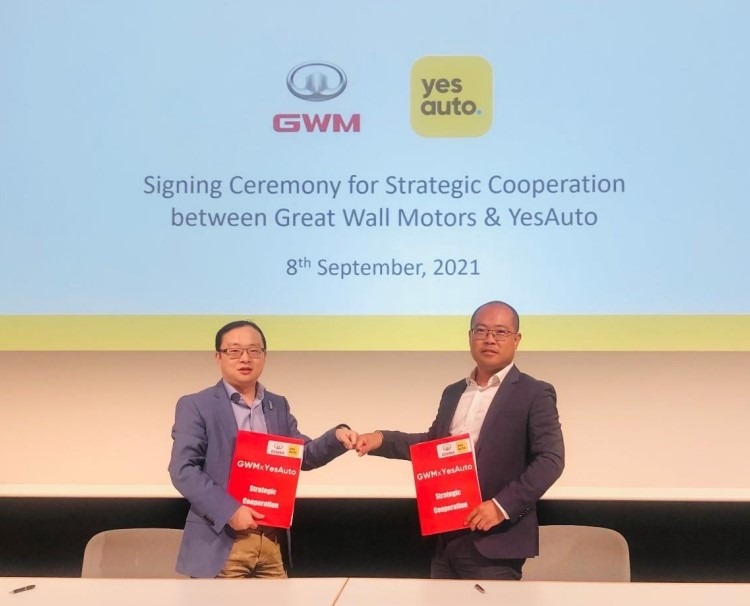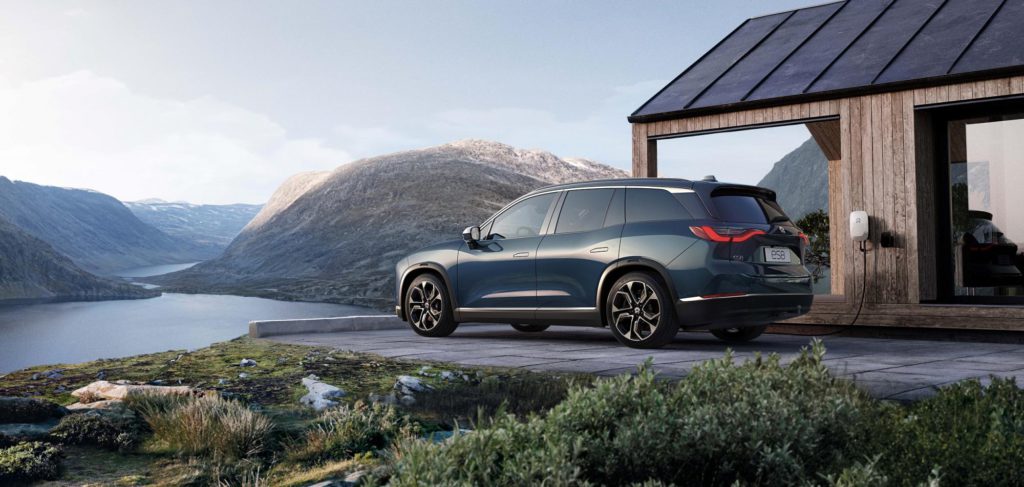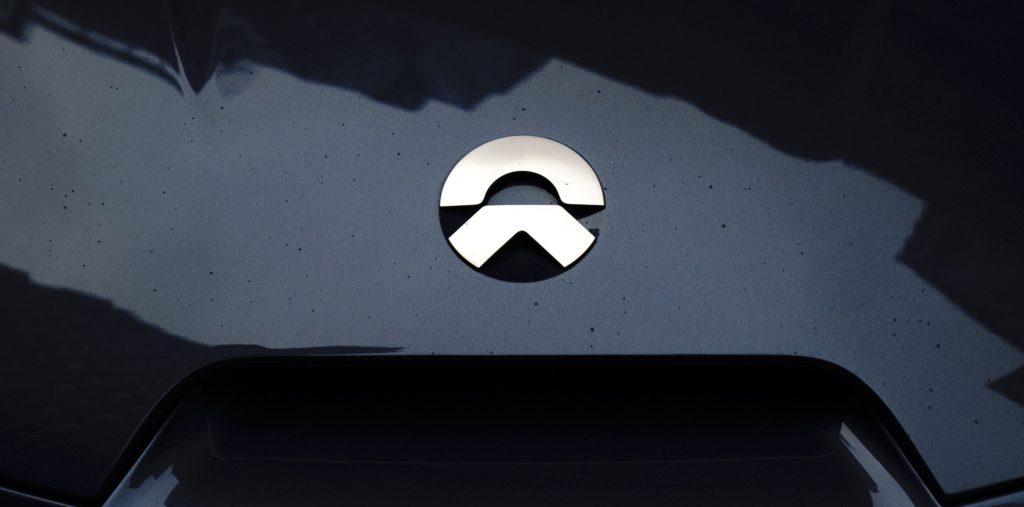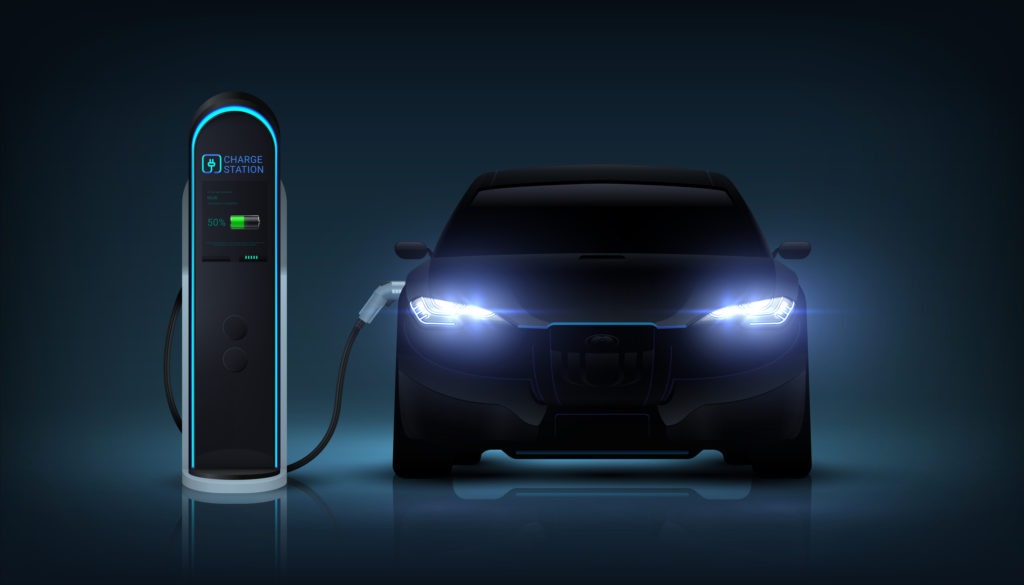Nio to bring ET7 premium electric sedan to Germany
16 September 2021
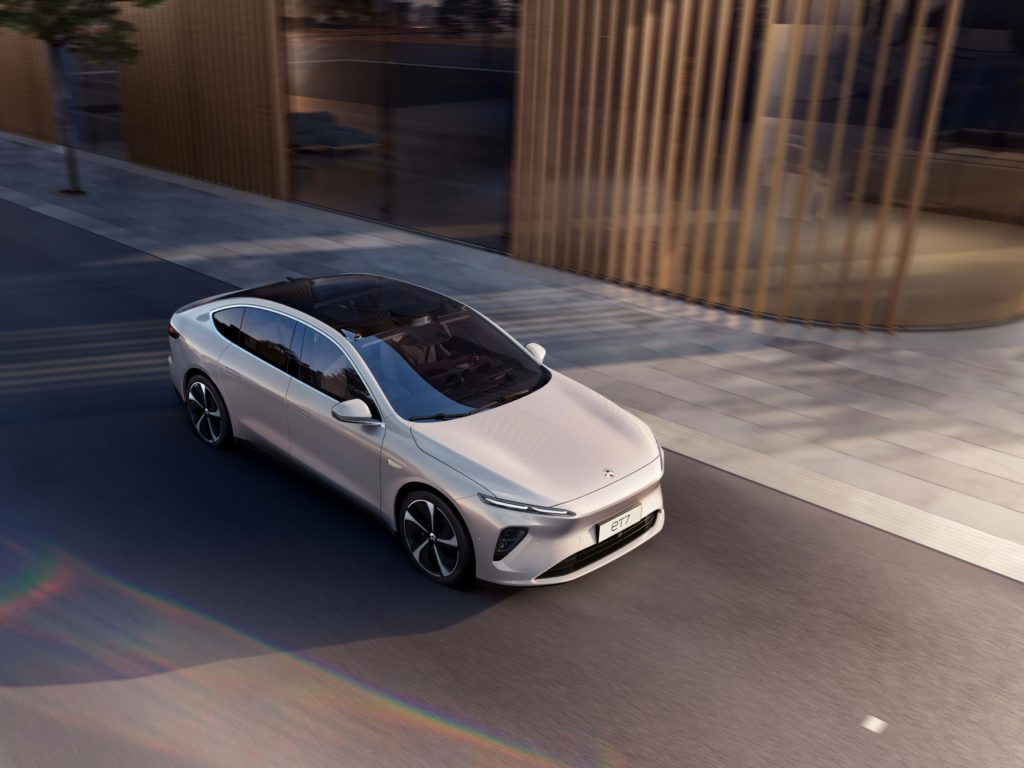
Chinese battery-electric vehicle (BEV) manufacturer Nio has presented the ET7 sedan in Germany, ahead of its sale there next year. It stipulated that should there be wider demand for the vehicle in Europe, it would consider local manufacturing and is even open to the possibility of collaboration with other OEMs for joint manufacturing.
‘Entering the German market is our goal. The interest is very high and there are many enquiries from potential users,’ said William Li, founder and CEO of Nio. ‘Our goal is to have the Nio ET7 in Germany by the end of 2022.’
Enter the ET7
The ET7 boasts a maximum power output of 480kW and an NEDC range over 1,000km when fitted with a 150kWh battery. Equipped with over 100 safety, comfort and smart features, the car will feature the latest Nio autonomous-driving (NAD) technology.
This will utilise the car’s 33 sensing units, including 11 8MP cameras, an ultralong-range LiDAR, five-millimetre wave radars, 12 ultrasonic sensors, two precision position units and vehicle-to-everything (V2X) communication capabilities.
Dedicated design
The 5.1m long ET7 uses frameless, soft-close doors with flush handles, which deliver a drag coefficient of 0.23. The car’s form takes advantage of a BEV-based design, maximising the long andlow wheelbase to deliver a spacious ‘second-living room’ style interior that features invisible air vents and waterfall lighting.
‘Most electric cars today still look like conventional combustion cars: that is down to structures,’ said Nio’s vice president of design, Kris Tomasson. ‘ET7 aims to break that and introduce design choices that blend simplicity with sophistication. That goes beyond the simple architecture. We have unlocked more space and carefully chosen forms and materials to reflect our need for comfort and security but also, crucially, sustainability.’
The ET7 also utilises karuun, a renewable rattan that serves as an alternative to plastic. The material is grown like a vine and then harvested by hand, helping to keep it environmentally friendly. Karuun is available as either a structural block, veneer or in 3D form. Being lighter than plastic (on average 400kg/m3), it has a significantly lower CO2 footprint than some other hard plastics or indeed wooden alternatives found in premium and automotive interiors.
Entering Europe
The company is already expanding its operation in Europe, recruiting Alex Schwarz as its new CEO for the region. Having worked at Airbnb, PayPal and eBay, the carmaker believes he will be an asset. ‘We need to focus heavily on software, mobile internet and cloud technologies in the future,’ Li says of the appointment. ‘Alex’s experience will therefore be very important for us.’
In May, the Chinese carmaker announced it would enter Europe through Norway with its ES8 SUV, followed by the ET7 in 2022. It also confirmed its first service and delivery centre in Oslo would swing into action this month. Then in 2022, its aftersales service network is scheduled to expand nationwide. As part of a ′premium service experience’ in Norway, Nio also looks to provide a mobile service, as well as car collection and delivery services.
Chinese OEMs are making moves to infiltrate the European market. Great Wall Motors (GWM) recently partnered with used-car platform YesAuto in Germany as it looks to gain additional traction in Europe. In August, Xpeng began shipping its P7 sedan to Norway, expecting to kick off deliveries in the fourth quarter of 2021.
